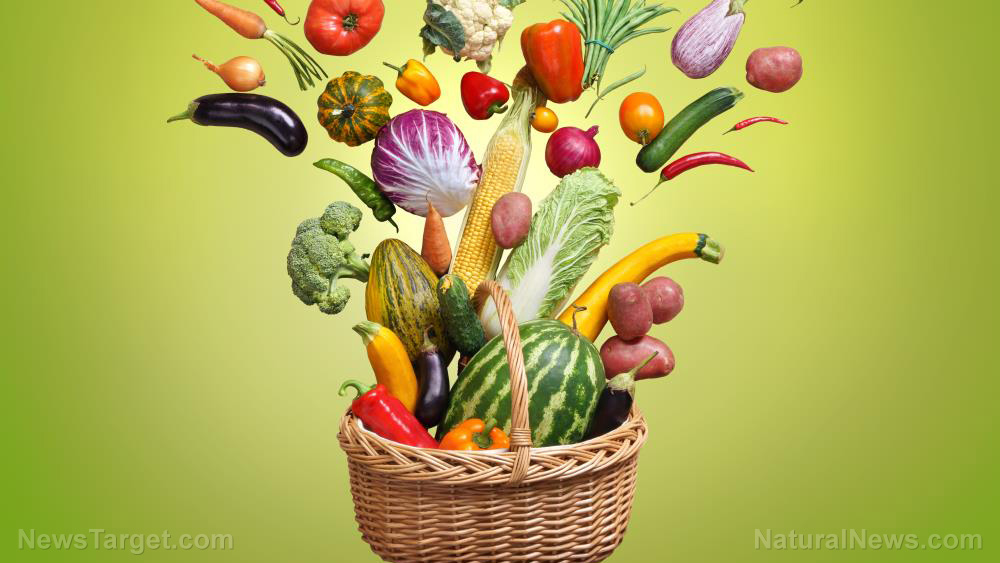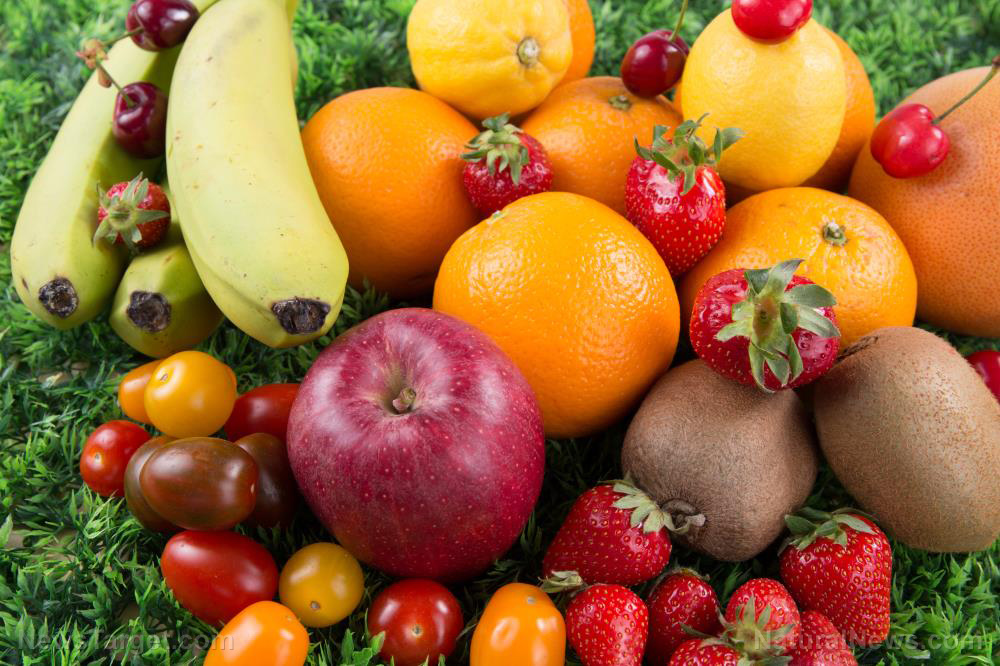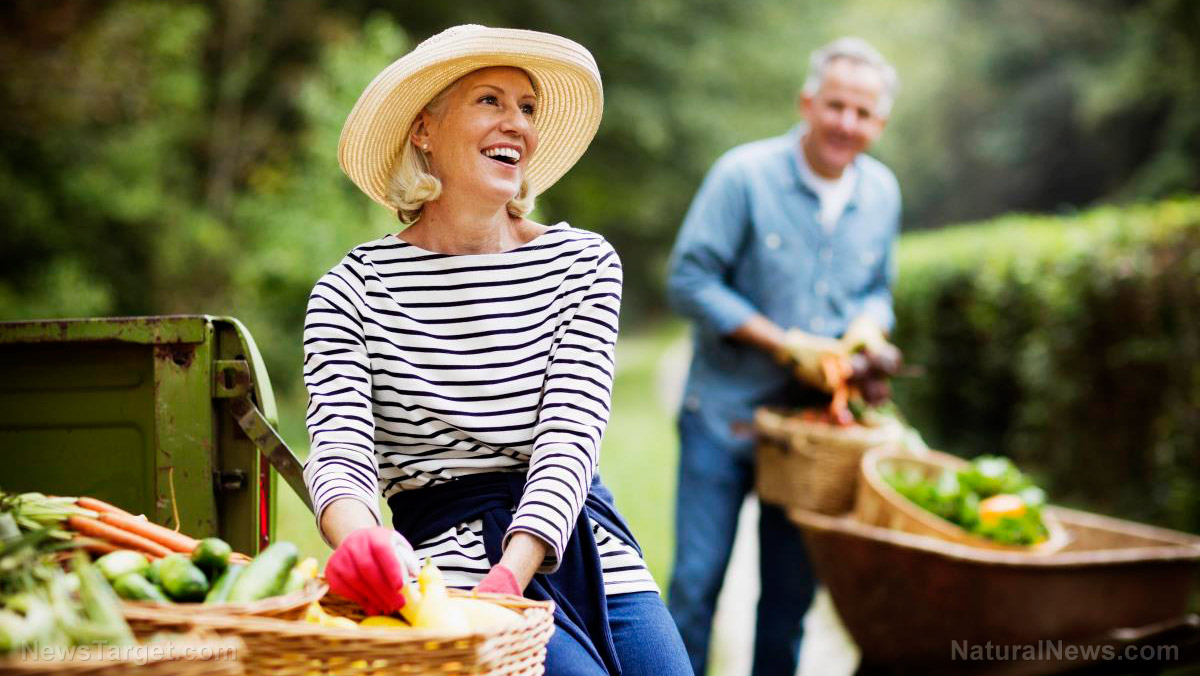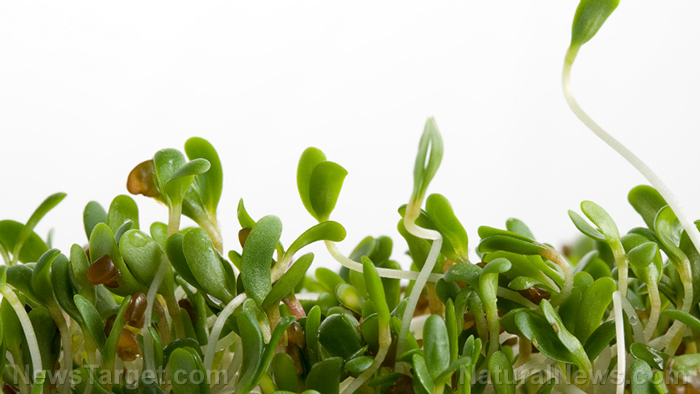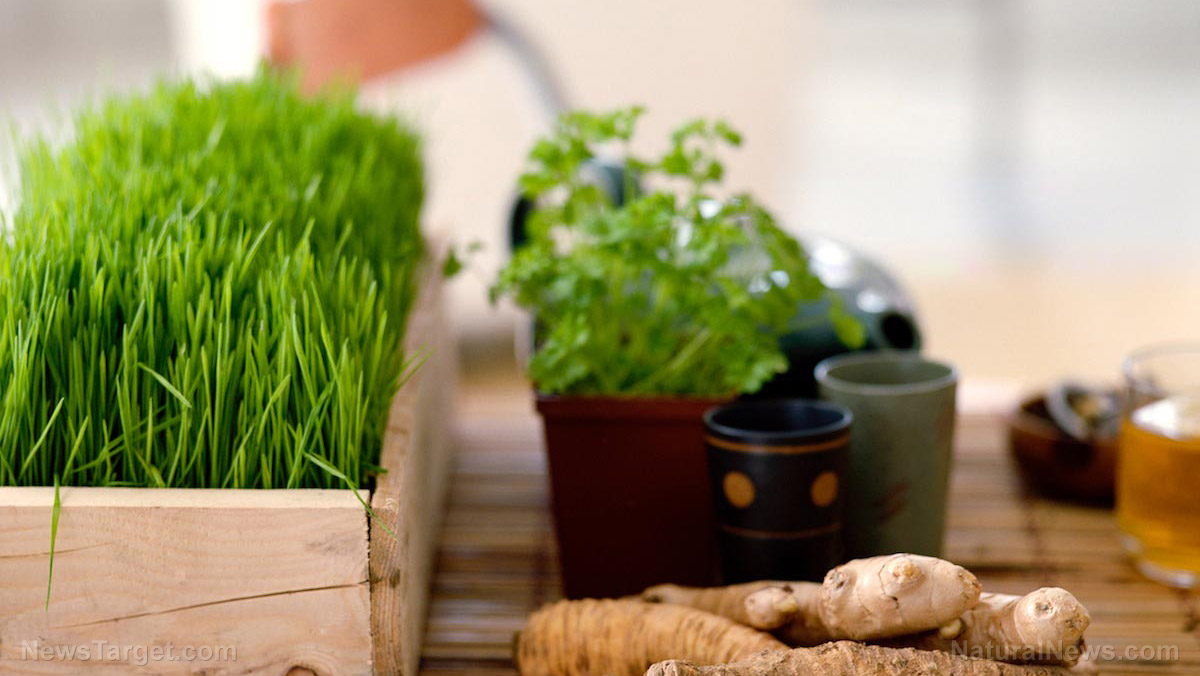Anti-inflammatory foods that prevent breast cancer
01/31/2019 / By Zoey Sky

Experts suggest that the most effective way to lower cancer risk is by making healthy lifestyle changes. To boost your overall well-being, maintain a healthy weight and eat anti-inflammatory foods that can also help lower your risk of developing breast cancer.
According to Alexandra Rothwell, a registered dietitian and a specialist in oncology nutrition, being overweight is one of the main risk factors for breast cancer. Since inflammation is also associated with both breast cancer and being overweight, eating anti-inflammatory foods can help you maintain your blood sugar levels and minimize inflammation.
The foods included in the list below aren’t just nutritious. They can also help reduce inflammation and prevent breast cancer.
Fish
Add fish like herring, mackerel, salmon, and sardines to your diet because they are full of omega-3 fatty acids. Rothwell explained that omega-3s can help reduce inflammation in the body. Alternatively, you can also eat seeds and walnuts if you prefer a non-animal source of these fatty acids.
A 2014 study, which was published in Cancer Causes & Control, suggests that consuming more omega-3s is also connected to a reduction in breast density.
Fruits and vegetables
Various studies have determined that eating a lot of fresh fruits and vegetables regularly can help lower your risk of developing breast cancer. Experts posit that there are several reasons why a plant-based diet is good for you.
A 2015 study revealed that fruits and vegetables are rich antioxidants, and the more antioxidants in a diet, “the lower the breast cancer risk may be.”
The power of the elements: Discover Colloidal Silver Mouthwash with quality, natural ingredients like Sangre de Drago sap, black walnut hulls, menthol crystals and more. Zero artificial sweeteners, colors or alcohol. Learn more at the Health Ranger Store and help support this news site.
A separate 2011 study, which was published in the European Journal of Nutrition, showed that the fiber found in fruits and vegetables can help fuel their ability to lower cancer risk. (Related: Reduce your risk of breast cancer by 21% by simply eating one more serving of veggies a day.)
Rothwell recommends eating the following vegetables if you want to naturally lower your risk of developing breast cancer:
- Allin vegetables – Sources include garlic, leeks, and onions.
- Asian mushrooms – Sources include Chinese black, oyster, and Shiitake mushroom.
- Cruciferous vegetables – Sources include broccoli, cabbage, and cauliflower.
However, Rothwell suggests that you should try to stick to low-sugar fruit varieties, such as berries. She added that you need to limit high-sugar fruit, like bananas, mangoes, and pineapples, to keep your blood sugar levels normal.
Olive oil
Considered a healthy fat, olive oil offers many benefits. It can also help reduce breast cancer risk.
Data from a 2015 study revealed that adding four tablespoons of extra-virgin olive oil to a healthy diet full of fresh fruits and vegetables can help lower breast cancer risk by a whopping 68 percent.
Additionally, olive oil “may come with an additional benefit relating to breast density,” another confirmed risk factor for breast cancer. According to a 2014 study, which involved more than 3,500 female participants, adding an extra 1.5 tablespoons of olive oil to your daily diet is linked to lower breast density.
Turmeric
Turmeric, a spice commonly used in Indian cuisine, contains curcumin. This substance has powerful anti-inflammatory and antioxidant properties. Studies have shown that curcumin can help reduce the toxic effects of certain breast cancer cell and that it can potentially prevent the growth of cancer cells.
While there isn’t a scientific consensus on recommended daily dosage, common dosages in studies that offer health benefits range from 200 to 500 milligrams (mg) of curcumin daily.
Exercise regularly to maintain a healthy weight and add more anti-inflammatory foods to your diet to lower your risk of developing breast cancer.
Sources include:
Tagged Under: anti-inflammatory, blood sugar levels, breast cancer, cancer risk, cancer risk factors, cancer risk reduction, fish, fruits and vegetables, grocery cures, healing food, Health and Wellness, inflammation, natural health, obesity, olive oil, overweight, prevention, proper diet, proper nutrition, soy, Veggies, weight loss, women's health




